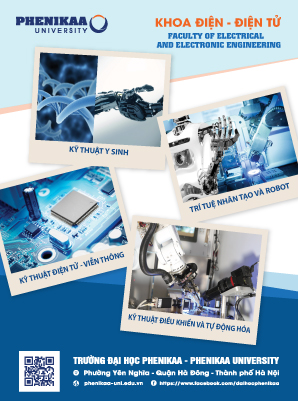Prof. Tülay Adali

Title: Data Fusion Using Independent Vector Analysis: Solutions, Challenges, and Opportunities
Speaker: Prof. Tülay Adali
University of Maryland Baltimore County, USA
Abstract: In many fields today, such as neuroscience, remote sensing, computational social science, and physical sciences, multiple sets of data are readily available. Matrix and tensor factorizations enable joint analysis, i.e., fusion, of these multiple datasets such that they can fully interact and inform each other while also minimizing the assumptions placed on their inherent relationships. A key advantage of these methods is the direct interpretability of their results. This talk presents an overview of models based on independent component analysis (ICA), and its generalization to multiple datasets, independent vector analysis (IVA) with examples using neuroimaging data. A number of important challenges and future directions of research are addressed for solutions using not only ICA and IVA but also tensors and other matrix factorizations.
Biography: Tülay Adali received the Ph.D. degree in Electrical Engineering from North Carolina State University, Raleigh, NC, USA, in 1992 and joined the faculty at the University of Maryland Baltimore County (UMBC), Baltimore, MD, the same year. She is currently a Distinguished University Professor in the Department of Computer Science and Electrical Engineering at UMBC and is the director of the Machine Learning for Signal Processing Lab (MLSP Lab).
Prof. Adali assisted in the organization of a number of international conferences and workshops including the IEEE International Conference on Acoustics, Speech, and Signal Processing (ICASSP), the IEEE International Workshop on Neural Networks for Signal Processing (NNSP), and the IEEE International Workshop on Machine Learning for Signal Processing (MLSP). She was the General Chair, NNSP (2001–2003); Technical Chair, MLSP (2004–2008); Program Chair, MLSP (2008, 2009, and 2014), International Conference on Independent Component Analysis and Source Separation (2009); Publicity Chair, ICASSP (2000 and 2005); and Publications Chair, ICASSP 2008. She was the Technical Program Co-Chair for ICASSP 2017 and Special Sessions Chair for ICASSP 2018 and EUSIPCO 2020. She is the Special Sessions Chair for ICASSP 2024.
Prof. Adali is currently the Chair-Elect for the IEEE Brain Initiative, and has served as the Vice President-Technical Directions of the IEEE Signal Processing Society (SPS) for the period 2019-2022. She chaired the IEEE SPS MLSP Technical Committee (2003–2005, 2011–2013), and served or currently serving on a number of committees/boards including the SPS Conference Board (1998–2006, 2017-Present), IEEE SPS Fellow Reference Committee (2011-2014), IEEE SPS Signal Processing Theory and Methods (2010-2015) Technical Committee, and the IEEE SPS Bio Imaging and Signal Processing Technical Committee (2004–2007, 2018-Present). She was an Associate Editor for IEEE Transactions on Signal Processing (2003–2006), IEEE Transactions on Biomedical Engineering (2007–2013), IEEE Journal of Selected Areas in Signal Processing (2010-2013), and Elsevier Signal Processing Journal (2007–2010), and served on the Editorial Board of the Proceedings of the IEEE (2013-2019). She is currently serving on the Senior Editorial Board of IEEE Journal of Selected Topics in Signal Processing and the Editorial Board of Journal of Signal Processing Systems for Signal, Image, and Video Technology.
Prof. Adali is a Fellow of the IEEE and the AIMBE, a Fulbright Scholar, and an IEEE Signal Processing Society Distinguished Lecturer. She is the recipient of a 2020 Humboldt Research Award, 2013 University System of Maryland Regents' Award for Research, an NSF CAREER Award, and a number of paper awards including the 2010 IEEE Signal Processing Society Best Paper Award. Her current research interests are in the areas of statistical signal processing, machine learning, and applications in medical image analysis and fusion.

